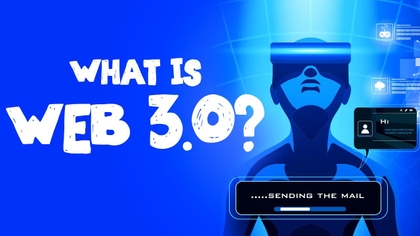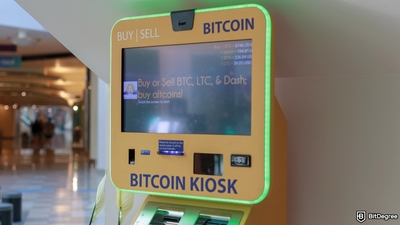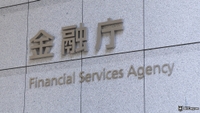Free Airdrop Season 7 is LIVE! Answer fun questions or do simple tasks to earn rewards from the $30K BitDegree prize pool. Participate Now ! 🔥
The European Commission Moves Towards Blockchain-Based Credential Verification
The move will simplify the recognition and acceptance of professional qualifications throughout the EU.
The European Union's executive branch, the European Commission, is set to adopt blockchain technology to streamline the verification of educational and professional qualifications across member nations.
According to the announcement shared on June 8th, the innovation will be a result of collaboration with a Web3 and blockchain solution firm, Protokol.

Did you know?
Subscribe - We publish new crypto explainer videos every week!
What is Web3? (Animated Explanation + Examples)


This collaboration is an integral part of a larger endeavor aimed at establishing an interoperable framework for blockchain-based services throughout the EU, named the European Blockchain Services Infrastructure (EBSI) initiative.
The impending credential verification solution, which will employ blockchain technology, seeks to ease the process by which citizens of the EU get their credentials recognized and acknowledged across diverse nations.
Lars Rensing, Protokol's CEO, has expressed his aspiration for a secure, more open, and decentralized digital infrastructure across the globe. His assertion about the transformational potential of blockchain and Web3 technology across multiple sectors emphasizes the forward-thinking nature of the plan.
We believe that blockchain and Web3 technology have enormous potential to transform a wide range of industries and prepare them for the future.
A key feature of this initiative is the launch of a digital wallet, developed by Protokol, where EU citizens can store and utilize their digital credentials. As the press release suggests, the project will eventually blend with other EU initiatives, such as "EUeID."
Leaders of the EU have shown an encouraging attitude towards these emergent Web3 technologies, as they actively participate in their regulation. This fact was underscored on April 20th when the Markets in Crypto-Assets (MiCA) bill was passed by the European Parliament.
The European Commission's pursuit of blockchain technology for credential verification signals a significant shift towards a decentralized digital infrastructure in the EU, setting an intriguing precedent for other regions to consider.























